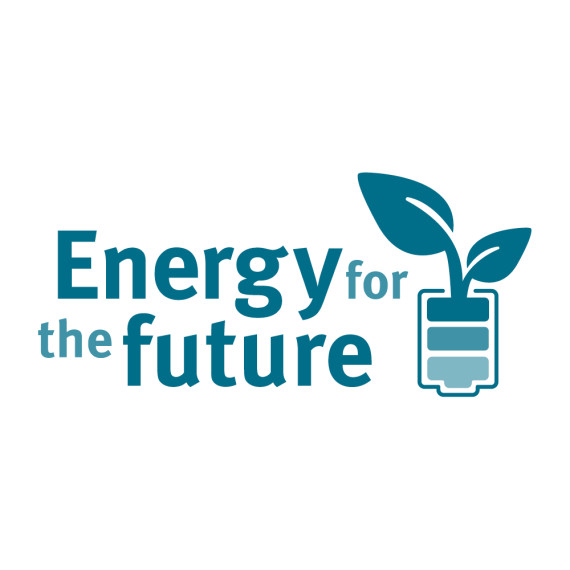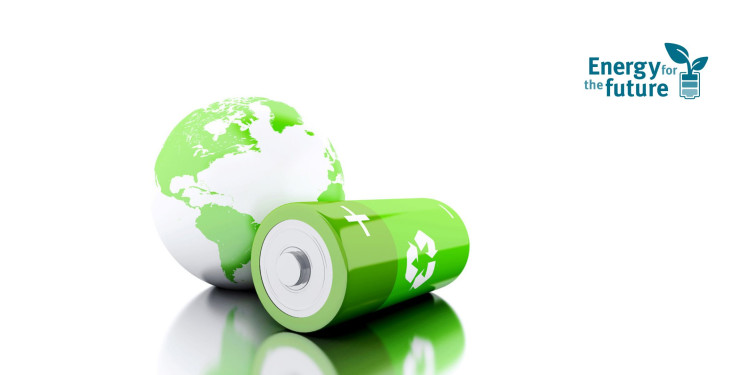


Interdisciplinary team’s research into the battery of the future

How philosopher Michael Quante understands the notion of “energy responsibility”
Events

Interview: Sascha Buchholz talks about bat protection and wind energy

Hydrogen-powered boats offer climate-friendly alternative to road transport

How does your research contribute to the energy transition? Three examples

Introduction to this year’s dossier: How we deal with energy will decide our future
Your search did not match any of our news releases.
Suggestions:
- Make sure that all words are spelled correctly.
- Try different keywords.
- Try more general filters.
- Expand the period of time.
